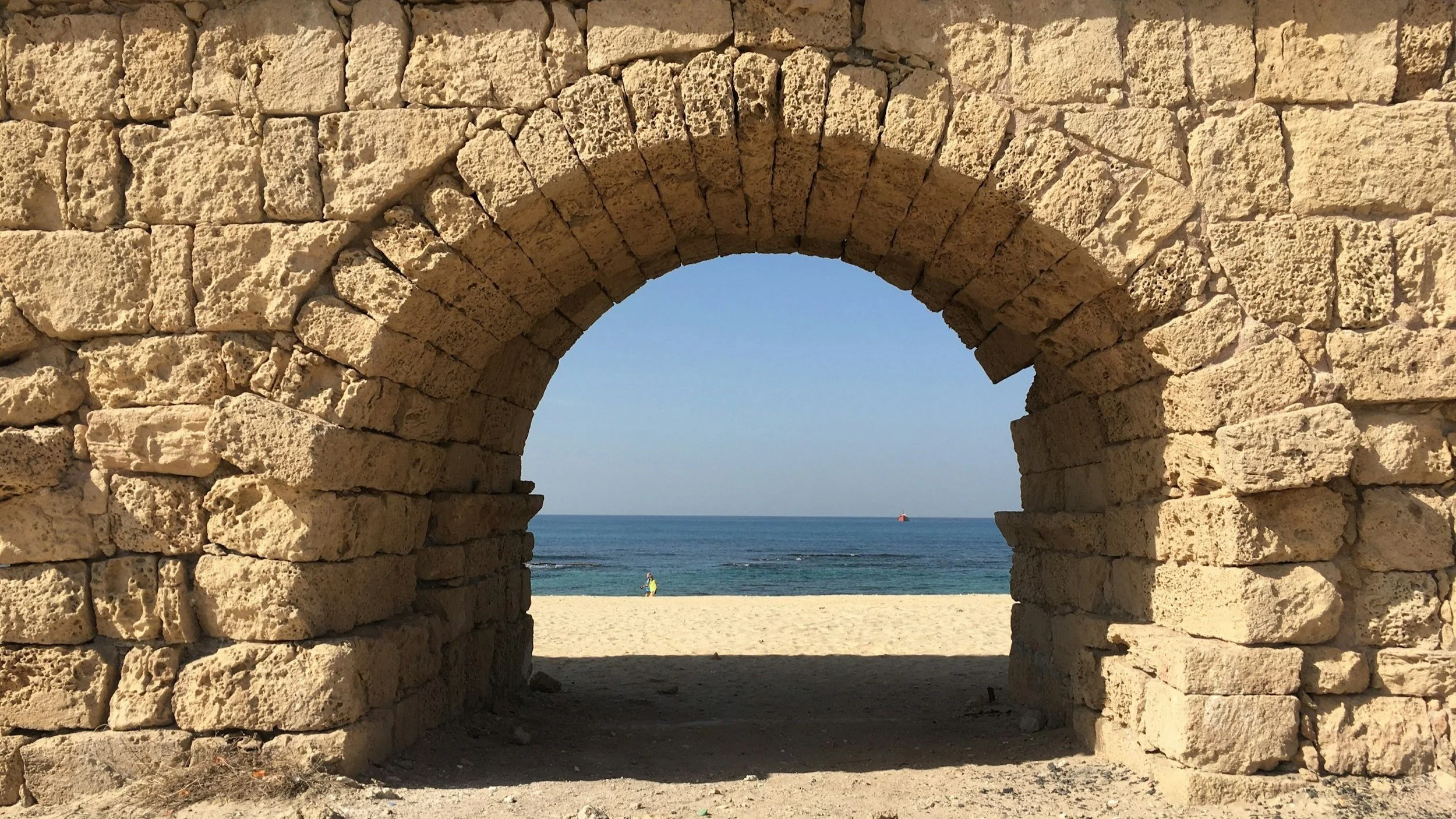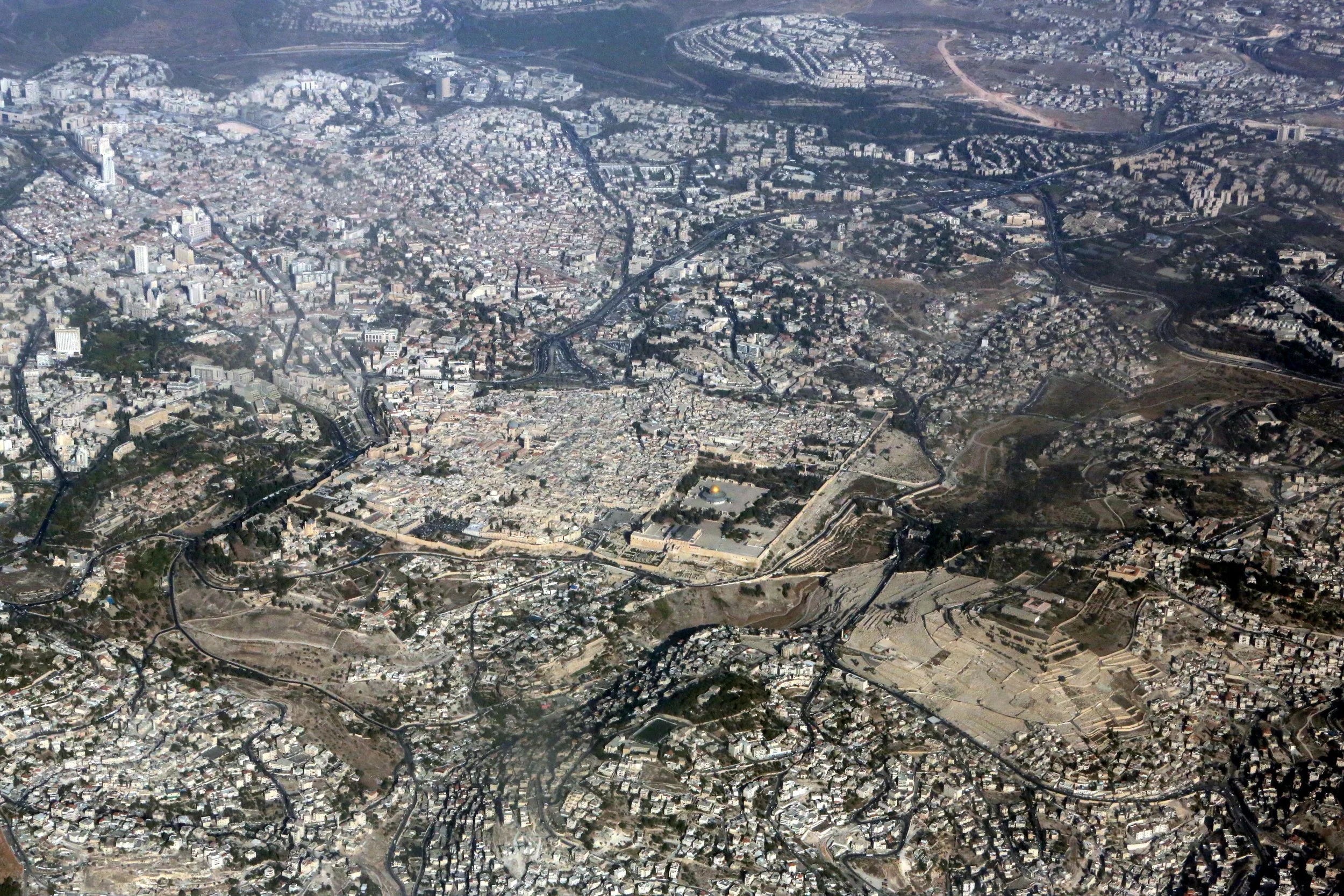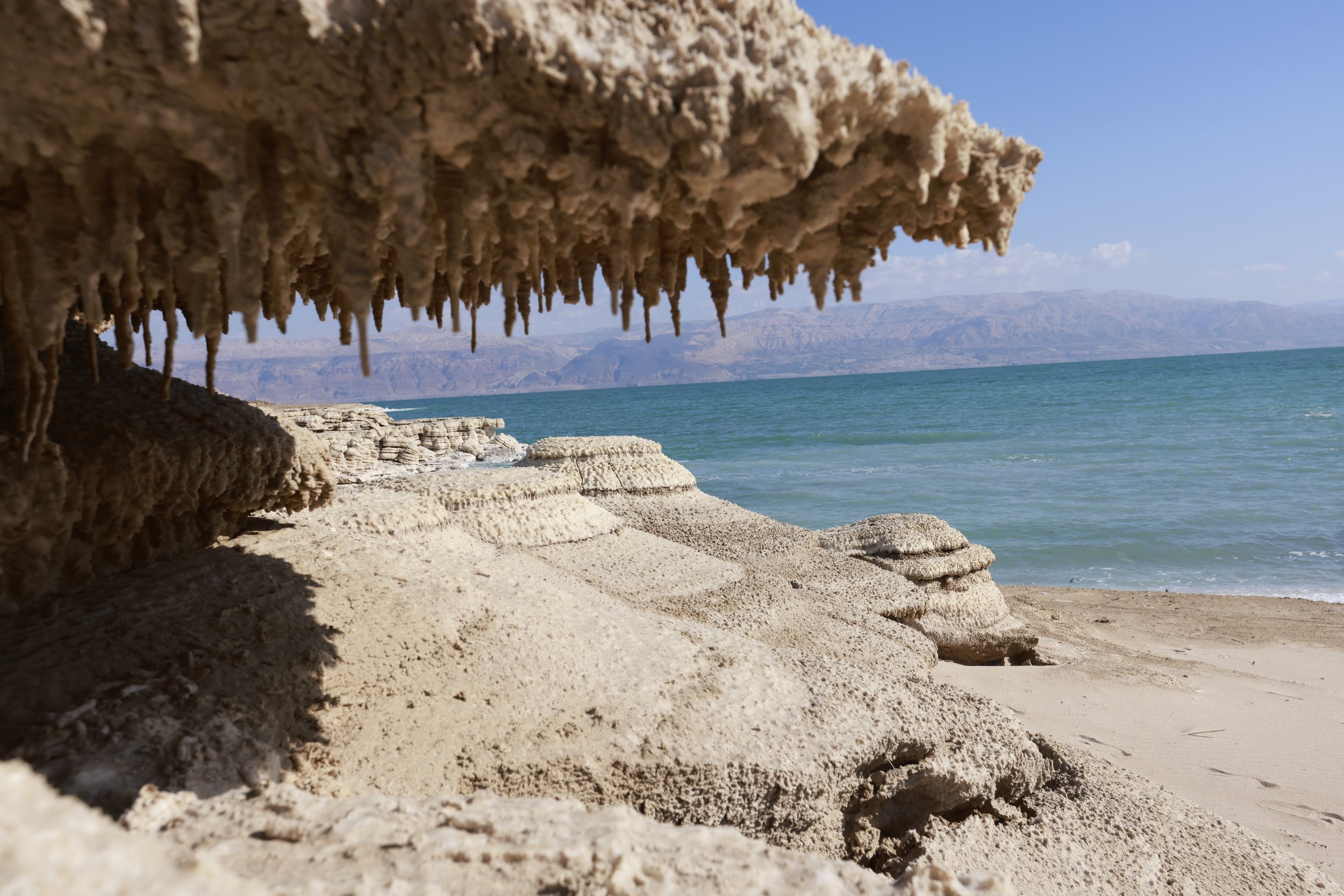
Israel - Where History Meets Beauty
Let us help you explore Israel
Regions
Jerusalem
South
Tel Aviv
North
Why Visit Israel?
Join millions who've discovered the magic of the Holy Land
4M+
Annual Visitors
Travelers discover Israel each year
200+
Destinations
Amazing places to explore
4.8
Average Rating
From satisfied travelers
95%
Recommend Rate
Would visit Israel again
Jewish Holiday Calendar
The Jewish calendar is central to life in Israel, guiding national holidays, religious observances, and weekly routines. Knowing the dates of Jewish holidays is essential for planning your visit — many services, including public transportation, shops, and government offices, may close or operate on limited hours. From Rosh Hashanah and Yom Kippur to Passover and Hanukkah, each holiday brings unique traditions and travel considerations. Use our up-to-date Jewish holiday calendar to stay informed and ensure a smooth and respectful travel experience in Israel.
Discover Culture Through Food
Forget generic guidebooks and bypass crowded tourist traps! The most genuine and immersive way to experience a new place is undoubtedly through its food. Food acts as a powerful connector, linking us directly to diverse cultures, cherished traditions, and the very essence of a destination.
Welcome to our food blog, your gateway to culinary exploration! Here, you can embark on exciting taste adventures from the comfort of your own kitchen by trying our collection of new and authentic recipes.
Share Your Culinary Gems! Do you have a treasured family recipe or a dish that perfectly captures the spirit of a place you've visited in Israel ? Send us your favorite recipes, and we'll proudly feature them on our website , building a global community of food and travel enthusiasts.
History & Archaeology
Before you pack your bags, take a moment to uncover the incredible history that makes Israel so unique. From ancient civilizations and biblical landmarks to modern milestones that shaped a nation, learning about Israel’s past brings every destination to life. Our curated articles offer an inspiring glimpse into the people, places, and events that define this remarkable country—helping you travel with deeper understanding and a true sense of connection.
Israel Itineraries
Despite being a relatively young nation, Israel is a land deeply rooted in ancient history and holds immense religious significance for Judaism, Christianity, and Islam. This captivating country is a treasure trove of historical sites, vibrant modern cities, stunning beaches, dramatic deserts, and a rich tapestry of diverse cultures.
Its strategic location, where three continents (Asia, Africa, and Europe) converge and two seas (the Mediterranean Sea and the Red Sea) meet, provides Israel with truly unparalleled experiences. Picture this: you could be skiing in the scenic mountains in the morning, effortlessly floating in the Dead Sea (the Earth's lowest elevation) by lunchtime, and then relaxing on the sun-kissed beaches of Eilat in the afternoon – all within a single day's journey!
Archaeology News
Shabbat - The Jewish Day of Rest
Shabbat, also known as the Jewish Sabbath, is a significant weekly day of rest observed by Jewish people worldwide. It commences every week at sunset on Friday and continues until sunset on Saturday. The term "Shabbat" originates from the Hebrew word meaning "rest," highlighting its central theme.
During Shabbat, travelers may observe a widespread observance of this day of rest in Jewish communities. Typically, most businesses, public transportation services, and entertainment venues in these areas will close. This often creates a distinct and peaceful atmosphere, with many individuals and families gathering in parks, enjoying leisurely meals together, and attending synagogue services in their local communities.
Planning Your Trip: Understanding Shabbat Observance: If you are planning to travel to a location where Shabbat is observed, it's important to plan ahead. Arrange accommodations and transportation in advance, as options may be more limited from Friday evening to Saturday evening. It's also advisable to stock up on groceries and any necessary items before sundown on Friday to be mindful of the local customs. Understanding these customs will help you have a respectful and smooth travel experience.
Film your way to Israel
Dreaming of a trip to Israel? Before you pack your suitcase, consider adding these must-see movies to your watchlist. These films provide a captivating and unique glimpse into the rich tapestry of Israeli culture, complex history, and vibrant society, offering perspectives you won't find in typical guidebooks. From deeply moving heart-wrenching dramas that explore human resilience to hilariously insightful comedies that capture the spirit of everyday life, Israeli cinema offers something for everyone.
🇮🇱 Frequently Asked Questions About Visiting Israel
Do I need a visa to visit Israel?
Most travelers from the U.S., EU, UK, and many other countries do not need a visa for stays up to 90 days. In 2025, some will need to apply for the new ETA-IL (electronic authorization).
How long can I stay in Israel on a tourist visa?
Tourists from visa-exempt countries can typically stay up to 90 days. You may request an extension at the Ministry of Interior once inside Israel.
What documents do I need to travel to Israel?
You need a passport valid for at least 6 months from your date of entry. Return tickets and proof of accommodation may also be requested.
Is Israel stamping passports?
No. Israel issues a separate entry card instead of stamping passports. This avoids travel complications with other countries.
Do I have to declare money when entering or leaving?
Yes. If you're carrying over ₪50,000 or equivalent, you must declare it when entering or leaving the country.
Is it safe to travel to Israel?
Yes, most of Israel is safe for tourists. Avoid areas near Gaza or the northern borders. Check government travel advisories before visiting.
Are there current travel advisories for Israel?
Advisories vary by country and are updated often. Check your local foreign office website before your trip.
Can I visit Israel and Palestine in the same trip?
Yes. You can visit the West Bank cities like Bethlehem or Ramallah. Bring your passport for security checks at border crossings.
Can I drink tap water in Israel?
Yes. Tap water is clean and safe throughout Israel. Bottled water is also widely available.
What plug adapter do I need in Israel?
Israel uses Type H plugs (three flat pins) with 230V voltage. Bring a universal adapter if needed.
Does public transport run on Shabbat?
No. Public transport stops from Friday afternoon until Saturday night. Shared taxis (sherut) and limited services in Haifa may still run.
Should I rent a car or use public transport?
Public transport is efficient in cities. For remote areas like the Negev or Galilee, renting a car is recommended.
Are taxis expensive in Israel?
Taxis can be pricey, especially on weekends or at night. Always ask the driver to use the meter or use taxi apps like Gett.
Is Wi-Fi widely available?
Yes. Wi-Fi is common in cafes, hotels, airports, and public spaces.
Where should I exchange currency?
ATMs usually offer better exchange rates than airport kiosks. Currency exchange offices are widely available.
Can I get a VAT refund when leaving Israel?
Yes. Tourists spending over ₪400 at approved shops can claim a VAT refund at Ben Gurion Airport.
When is the best time to visit Israel?
Spring (March–May) and fall (September–November) are ideal, with mild weather and fewer crowds.
What happens during Jewish holidays?
On major holidays, public services and businesses close. Plan ahead when traveling during Passover, Yom Kippur, or Sukkot.
How should I dress at religious sites?
Modest dress is required. Cover your shoulders and knees. Women should carry a scarf or shawl.
What Hebrew phrases are useful?
'Shalom' (hello/peace), 'Toda' (thank you), 'Boker Tov' (good morning), and 'Eifo...' (Where is...). Locals appreciate simple greetings.
Can I visit Jerusalem and Bethlehem in one day?
Yes. They are only about 10 km apart. You'll cross a checkpoint into the West Bank, so carry your passport.
What’s the tipping culture in Israel?
Tipping 10–15% is expected in restaurants. Rounding up for taxis and tipping guides is also customary.
Are credit cards widely accepted?
Yes. Visa and Mastercard are widely accepted. AMEX less so. Carry some cash for small shops and markets.
Can I use US dollars or euros in Israel?
Some tourist spots may accept them, but most places require Israeli Shekels (₪).
Is English spoken in Israel?
Yes, especially in tourist areas. Street signs are in Hebrew, Arabic, and English.
Are there kosher food requirements for tourists?
No, but many restaurants are kosher. Menus often indicate if a place is dairy or meat.
Is Israel LGBTQ+ friendly?
Yes. Tel Aviv is one of the most LGBTQ+ friendly cities in the world. Same-sex couples are welcome.
Can I travel alone as a female tourist?
Yes. Israel is generally safe for solo female travelers. Dress modestly in conservative areas.
Are border crossings to Jordan and Egypt open?
Yes, though hours may vary. Allenby, Eilat, and Taba crossings are the most common.
Do I need travel insurance for Israel?
Highly Yes. Medical care is excellent but can be expensive without insurance.
No ads, no commercials, just high-quality content.
If you find our work valuable, we would be grateful for your support. Your contribution helps us continue our mission of providing high-quality content and sharing it with an even wider audience. Support Our Mission


















































































